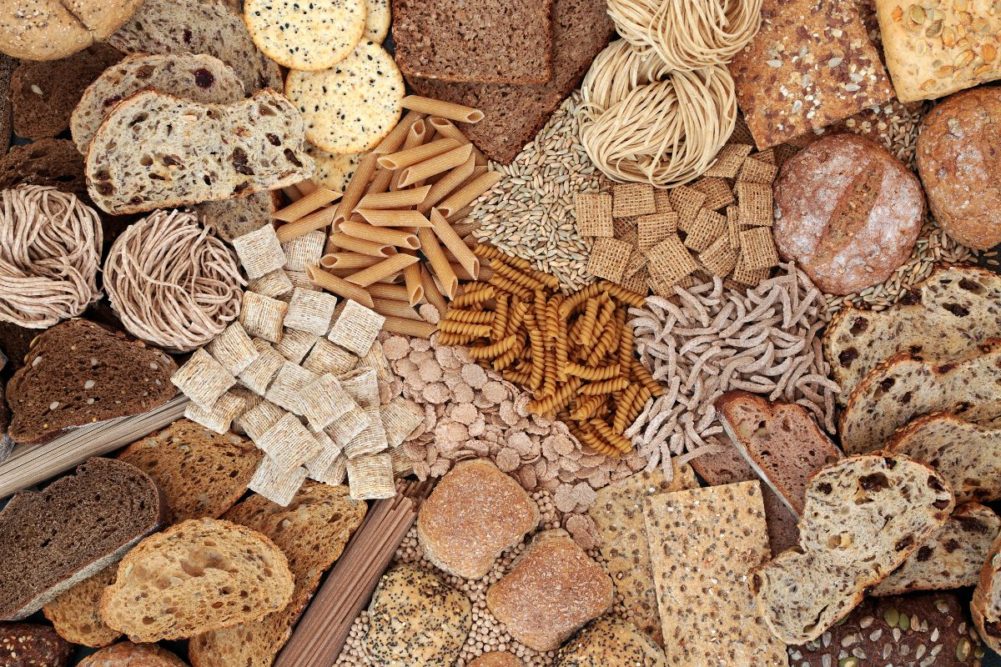LONDON, ENGLAND — UK Flour Millers is once again campaigning to increase fiber intake in the United Kingdom, as data show that 90% of UK adults don’t eat enough fiber.
With its Fibre February campaign, which it began in 2017, the UK flour industry trade body hopes to bridge the gap between fiber awareness and intake. The organization is increasing its social media activity to highlight facts about fiber, health benefits associated with fiber, and flour’s contribution to fiber. It is partnering with organizations such as the British Nutrition Foundation, Food a Fact of Life, Food & Drink Federation (FDF), and Federation of Bakers to reach as wide a UK audience as possible.
“Fiber helps to keep our gut healthy and can help reduce constipation,” said Dr. Stacey Lockyer, who is senior nutrition scientist at the British Nutrition Foundation. “A high fiber diet may help to reduce our risk of heart disease and stroke, type 2 diabetes, and colorectal cancer. However, on average, intakes of fiber in the UK are well below recommendations in all age groups. To get enough fiber in our diets it is important to include a variety of fiber-providing foods regularly, such as wholemeal bread, whole grain breakfast cereals, brown pasta or rice, fruit, vegetables, pulses, nuts, seeds, and potatoes with skins.”
Alistair Gale, chief executive officer of UK Flour Millers, added: “Fibre February is a fantastic campaign that not only promotes healthy lifestyles for people across the UK, but is also important to the flour milling industry. Many high-fiber products that we enjoy eating contain flour, so the hard work and dedication of flour millers truly nourishes the nation.”
According to data from the FDF, only 1 in 3 people know that the recommended amount of fiber adults should consume is 30 grams. Beyond that, approximately 70% of people do not know whether they meet that recommended amount. FAB Flour said 75% of women and 50% of men need to increase their fiber consumption.
“High dietary fiber intake is associated with increased gut microbiota diversity,” said Paula Papa, technical and regulatory affairs officer for UK Flour Millers. “Fiber can increase good bacteria and have anti-inflammatory effects. Our industry is appropriately placed to bridge the gap in fiber intake because although whole meal wheat flour has the most fiber, all wheat flours contain fiber.”
UK Flour Millers said the importance of flour, and therefore flour milling, and its connection to fiber in the UK cannot be overstated, since FDF data also highlights the fact that cereals and cereal products make up the largest contribution of foods to fiber intake. Flour is one of the most common food ingredients in the UK, present in about a third of all supermarket food products. UK Flour Millers aims to increase awareness and consumption of fiber and flour during Fibre February.
For more information, visit ukflourmillers.org.





